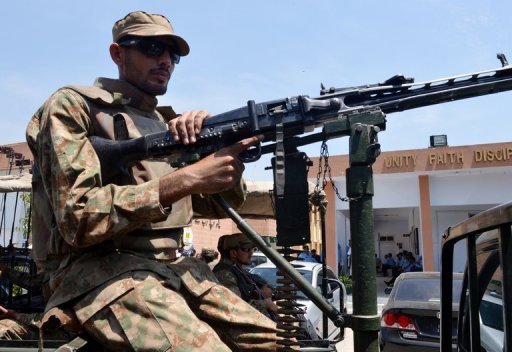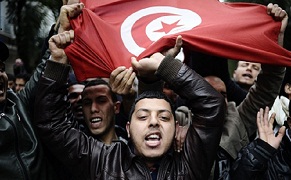WASHINGTON, DC: After 9/11, as many Americans began to learn more about Islam, I embarked on a long journey to learn more about Christianity, visiting churches, attending Bible schools and volunteering for projects like feeding the poor and sheltering the homeless.
After 28 years as a journalist covering politicians in the US capital for Arab newspapers and magazines, I had grown cynical about politics and politicians.
This feeling intensified after the invasion of Iraq when I realized that most of them and most of the American media, in moments of fear, anger and revenge, supported the invasion of a distant country that didn t threaten the United States.
I found the people I met in churches more trustworthy and welcoming. No one asked me about my religion or what I was doing in a church. Encouraged, I immersed myself in Christianity, and it wasn t long before I was able to recite the Lord s Prayer and most of the words of Amazing Grace.
As I continued my exploration, I found myself last week at the Holy Cross Abbey, a Roman Catholic monastery sheltered by the Blue Ridge mountains in the Shenandoah valley of Virginia, about 60 miles west of Washington.
For about 40 years, since I saw “The Sound of Music for the first time, I have been fascinated by monasteries and curious about the lives of monks and nuns who live in them.
The monk in charge of the monastery s guesthouse showed me my simple room. He said all the monastery s 15 guest rooms were always booked in advance, except one room we always leave for an unexpected visitor, as part of an old European tradition of hospitality.
The rooms had no telephones, televisions, radios or keys. The doors locked only from inside. Loud music was not allowed and cell phones were only to be used outside the building.
Meals were served promptly at noon and 6:25 pm, and guests were warned in advance: If you are arriving at 6:30, please have dinner beforehand.
The dining hall was simple but elegant, meals were vegetarian, and guests helped themselves, cleaned the dishes afterwards and set the tables for the following meal.
The meals, like the rooms, were free, but an offering could be left in an envelope in each room.
I was overwhelmed by the silence. From 3 pm Friday until 3 pm Sunday, I didn t talk, except for a secluded 30-minute meeting with a priest, whispered greetings and small talk revolving around questions like: Where is the sugar and cream?
It was Ramadan, the Muslim fasting month, and my fast added to the sense of solitude and silence.
Then there were the 10 daily prayers, five Christian (in the church) and five Muslim (in my room): Vigil at 3:30 am; Fajr (dawn) at 5; Lauds at 7; Zohr (afternoon) at 1; Midday at 2; Asr (evening) at 4; Vespers at 5:30; Maghrib (sunset) at 6:55; Compline at 7:30; and Isha a (night) at 8:30.
There were some awkward moments, for example when, at 4 am, I entered the guesthouse kitchen alone to prepare and eat sohour, the last meal before fasting. Or when dinner was served exactly at 6:25, 30 minutes before sunset.
But the monk in charge of the guesthouse kindly left a meal for me to eat after sunset. (Every afternoon, nuns came to the guesthouse kitchen, prepared dinner and left).
During the Sunday service I was sprinkled with holy water as I chanted, Cleanse us, Lord, from all our sins; wash us, and we shall be cleaner than snow.
I declared: We believe in one God, the Father, the Almighty, maker of heaven and earth, of all that is seen and unseen.
I wanted to receive Communion, but the rules exclude non-Catholics.
Father Stephen, a senior monk, and I talked – very quietly – for 30 minutes. I started by explaining that I was running away from Washington politicians.
We talked about hypocrisy and lying, about the influence of money in politics, about Jesus and his message of peace, love and compassion for the less fortunate. We lamented the current atmosphere of fear, violence and war.
When we stood up to say goodbye, he promised: I will put your name on the bulletin board and ask the monks to pray for you.
Mohammad Ali Salihis an Arab journalist based in Washington. This article is distributed by the Common Ground News Service (CGNews) and can be accessed at www.commongroundnews.org.



